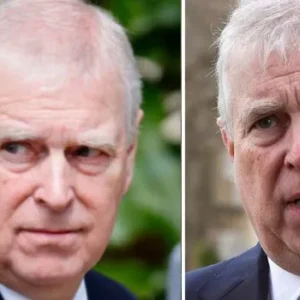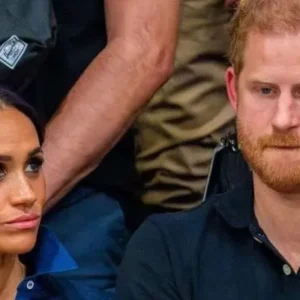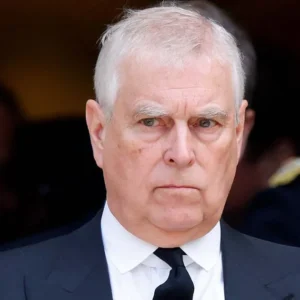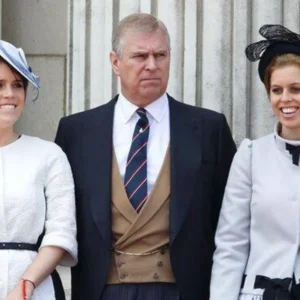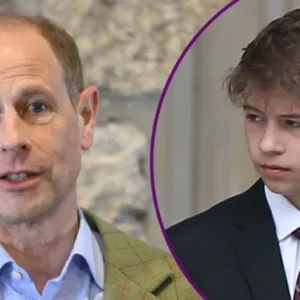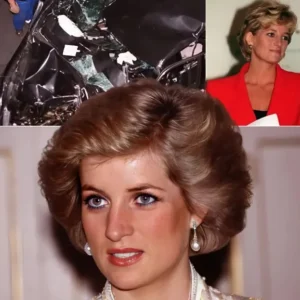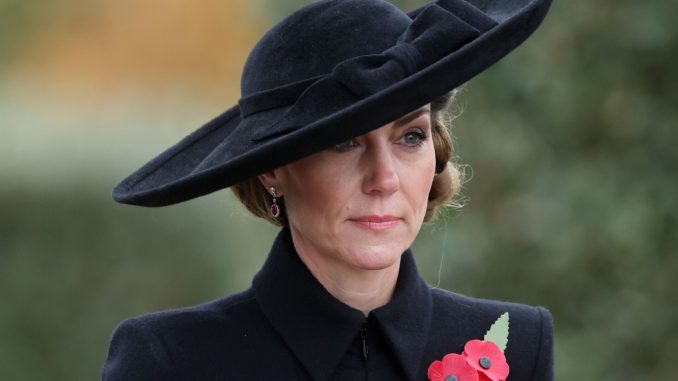
The BBC recently apologised to Catherine, Princess of Wales, after the broadcaster referred to her by her maiden name during live coverage of Remembrance and Armistice Day events. The brief on-air slip, though only two words long, generated significant public attention and prompted a formal response from the UK’s national broadcaster. The situation highlights the importance of accurate royal titles in public service broadcasting as well as the continued global familiarity with the name “Kate Middleton,” despite her official title since 2011.
How the On-Air Mistake Occurred
The incident took place during the BBC’s coverage last Tuesday as presenters reported on the national commemorations honouring service personnel. While discussing the presence of senior members of the Royal Family, a broadcaster referred to the Princess of Wales as “Kate Middleton,” the name she used before her marriage to Prince William in April 2011.
According to the official website of the Royal Family, Catherine became Her Royal Highness The Duchess of Cambridge upon her marriage. Following the accession of King Charles III in 2022, she became Catherine, Princess of Wales, a title previously held by Diana, Princess of Wales.
Because royal titles are formal and carefully defined, the use of Catherine’s maiden name in a national broadcast drew immediate public attention. Viewers noted that the BBC typically maintains strict accuracy when reporting on members of the Royal Family, especially during significant state and ceremonial events.
Public Reaction and Widespread Commentary
The slip prompted a wave of comments on social media, many of which expressed surprise that the broadcaster used a name that has not been associated with Catherine in an official capacity for over a decade. Public discussion focused largely on whether the error resulted from habit — as “Kate Middleton” remains a highly recognisable search term online — or whether the BBC should take greater care when referring to senior members of the Royal Family.
Some viewers expressed the view that media organisations have a responsibility to use proper titles consistently, particularly during live coverage of national events. Others suggested the mistake reflected the widespread persistence of Catherine’s maiden name in international media, where it continues to be used informally due to global familiarity.
A Formal BBC Response to Complaints
By Friday, the BBC acknowledged receiving complaints from viewers who were concerned about the incorrect title. In a public statement, the broadcaster confirmed that the reference to “Kate Middleton” was made in error during extended live coverage and apologised for the oversight.
The BBC noted that its wider broadcast throughout the day used Catherine’s correct title and emphasised that accuracy remains a priority. The organisation routinely issues responses to complaints through its public editorial channels, including when viewers raise concerns about factual detail or terminology in news coverage.
The apology aligned with the BBC’s Editorial Guidelines, which state that accuracy is essential to maintaining trust and that presenters should use correct terminology, especially when reporting on public figures or official roles.
Why the Use of Proper Titles Matters
Royal titles in the United Kingdom follow established conventions linked to lineage, marriage, and constitutional responsibilities. The Princess of Wales title carries historical significance and is formally assigned. When King Charles III became monarch, he announced that William and Catherine would become the Prince and Princess of Wales, assuming roles that include representing the Crown at national and international events.
Using correct titles is particularly important during ceremonial occasions such as Remembrance Day and Armistice Day, events that are central to the UK’s national identity. Broadcasters and media outlets generally take great care with protocol during such events, from terminology to the order in which attendees are introduced.
For audiences, the use of official titles reinforces clarity and respect for individuals holding constitutional or ceremonial positions. This is especially relevant for the Princess of Wales, who participates in many public duties and is a senior member of the Royal Family.
Why the Name “Kate Middleton” Remains Common Online
Despite her official title, Catherine’s maiden name continues to be widely used, especially in international media coverage. This trend has been observed for many years and appears linked to global recognition of her name prior to marriage. Catherine first became widely known to the public in the early 2000s while studying at the University of St Andrews, where she met Prince William.
Search data supports this pattern. Google Trends information from the past year shows that the term “Kate Middleton” is searched more frequently worldwide than “Princess Catherine,” “Princess of Wales,” or “Catherine, Princess of Wales.” This suggests that the pre-marriage name remains highly familiar to users, especially outside the UK.
The consistent use of the name in pop culture commentary, online discussions, and international entertainment media contributes to its continued visibility. However, UK broadcasters and news organisations typically use official titles, particularly in formal contexts.

Ensuring Accuracy in Royal Reporting
The situation has sparked renewed conversation about the role of broadcasters in maintaining accuracy when referring to members of the Royal Family. Media organisations often develop internal style guides to ensure consistency in how public figures are referenced on air and online. These guides typically reflect official sources such as the Royal Family’s website, government announcements, and constitutional documentation.
For the BBC, the incident serves as a reminder of the challenges associated with live broadcasting, where presenters deliver continuous coverage for extended periods. Even so, the organisation’s quick acknowledgment and apology demonstrate commitment to upholding editorial standards.
Catherine’s Evolving Public Role
Since becoming Princess of Wales, Catherine has taken on a highly visible role in public life. She has supported numerous charitable initiatives, particularly in early childhood development, mental health, and family support programmes. Her work is frequently documented by reputable media outlets and official royal channels.
Her position as the spouse of the heir to the throne also places her at the centre of many major national events, where accurate reporting is essential. With significant public interest surrounding her activities, the use of correct titles helps maintain clarity about her role within the Royal Family.
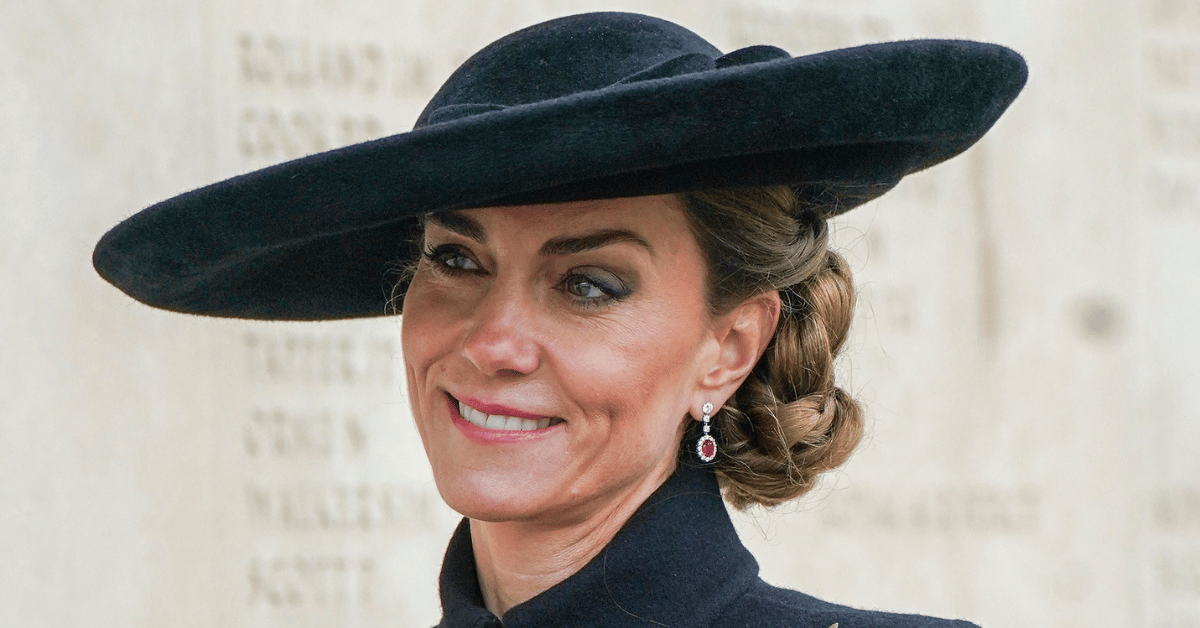
A Teachable Moment for Broadcasters
Although the BBC’s on-air mistake lasted only seconds, the widespread reaction underscores the importance of accuracy in public communications. Broadcasters covering national commemorations or state events operate under intense scrutiny, and even small errors can attract attention.
The network’s response and willingness to correct the record reflect standard practice and illustrate how media organisations address viewer concerns while maintaining trust.




